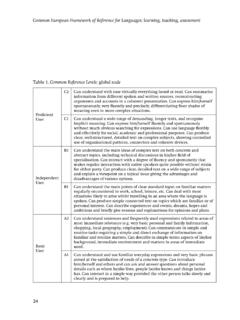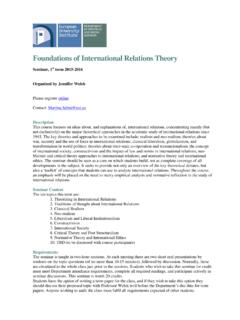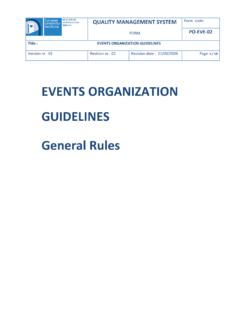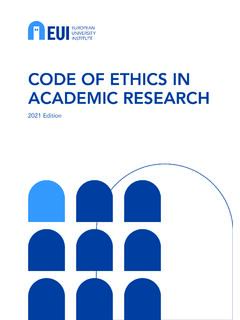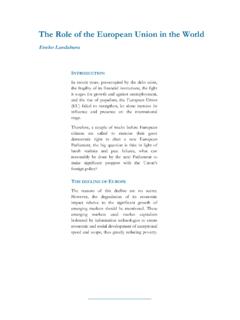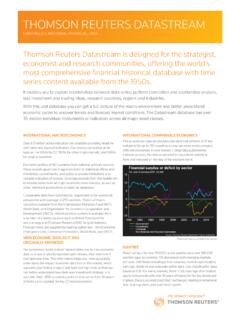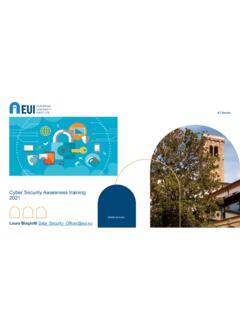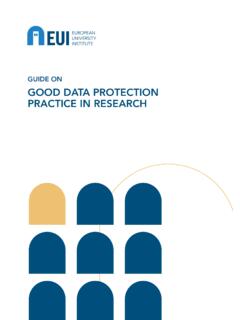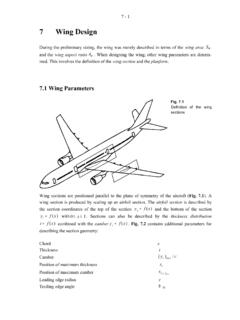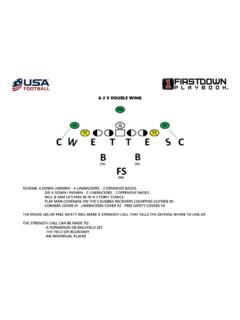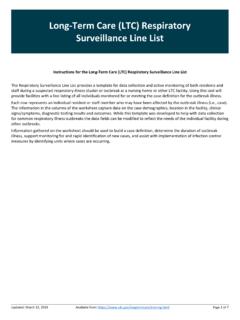Transcription of STEVEN LEVITSKY & DANIEL ZIBLATT
1 ~ STEVEN LEVITSKY & DANIEL ZIBLATT VIKING an imprint of PENGUIN BOOKS VIKING UK I USA I Canada I Ireland I Australia India I New Zealand I South Africa Wilting is part of the Penguin Random House group of companies whose addresses can be found at Penguin RandomHouse UK Fust publisbed in the United States ofAmerica by Crown, an imprint of the Crown Publishing Group, a division of Penguin Random House LLC, New York 2018 First published in Great Britain by Wilting 2018 001 Copyright m STEVEN LEVITSKY and DANIEL Ziblart, 2018 The moral right of the authors has been asserted Printed in Great Britain by Clays Ltd, St Ives plc A CIP catalogue record for this book is available from the British Library HARDBACK ISBN: 978241-31798-3 TRADE PAPERBACK ISBN: 978-0-241-33649-6 LIB 321 rr ~.
2 8 `il l ! LEV S :. r . 7 .. 4~3 MIX ftperhom rwpon~ls sowas FS w FSC C018179 Penguin Random House is committed to a sustainable future for our business, our readers and our planet This book is made from Forest Stewardship Council* certified paper. To our families: Liz Mineo and Alejandra Mineo- LEVITSKY & Suiiya, Lilah, and Talia ZIBLATT CONTENTS n Introduction 1 1: Fateful Alliances 11 2: Gotekeeping in America 33. 3: The Great Republican Abdication 53 4:.Subverting Democracy 72 5: The Guardrails of Democracy 97 6: The Unwritten Rules of American Politics 118 7: The Unraveling 145 8: Trump's First Year: An Authoritarian Report Card 176 9: Saving Democracy 204 Acknowledgments 233 Endnotes 235 Index 301 Introduction Is our democracy in danger?
3 It is a question we never thought we'd be asking. We have been colleagues for fifteen years, thinking, writing, and teaching students about failures of de-mocracy in other places and times Europe's dark 1930s, Latin Americas repressive 1970s. We have spent years researching new forms of authoritarianism emerging around the globe. For us, how and why democracies die has been an occupational obsession. But now we find ourselves turning to our own country. Over the past two years, we have watched politicians say and do things that are unprecedented in the United States but that we recognize as having been the precursors of democratic crisis in other places. We feel dread, as do so many other Ameri-cans, even as we try to reassure ourselves that things can't really be that bad here.
4 After all, even though we know democracies are always fragile, the one in which we live has somehow man-aged to defy gravity. Our Constitution, our national creed of freedom and equality, our historically robust middle class, our high levels of wealth and education, and our large, diversified Z HOW DEMOCRACIES DIE private sector all these should inoculate us from the kind of democratic breakdown that has occurred elsewhere. Yet, we worry. American politicians now treat their rivals as enemies, intimidate the free press, and threaten to reject the results of elections. They try to weaken the institutional buffers of our democracy, including the courts, the intelligence services, and ethics offices.
5 America may not be alone. Scholars are increasingly concerned that democracy may be under threat worldwide even in places where its existence has long been taken for granted. Populist governments have assaulted democratic institutions in Hungary, Turkey, and Poland. Extremist forces have made dra-matic electoral gains in Austria, France, Germany, the Nether-lands, and elsewhere in Europe. And in the United States, for the first time in history, a man with no experience in public office, little observable commitment to constitutional rights, and clear authoritarian tendencies was elected president. What does all of this mean? Are we living through the de-cline and fall of one of the world's oldest and most successful democracies?
6 At midday on September 11, 1973, after months of mounting tensions in the streets of Santiago, Chile, British-made Hawker Hunter jets swooped overhead, dropping bombs on La Moneda, the neoclassical presidential palace in the center of the city. As the bombs continued to fall, La Moneda burned. President Salvador Allende, elected three years earlier at the head of a leftist coali-tion, was barricaded inside. During his term, Chile had been wracked by social unrest, economic crisis, and political paralysis. Allende had said he would not leave his post until he had finished his job but now the moment of truth had arrived. Under the command of General Augusto Pinochet, Chile's armed forces INTRODUCTION 3 were seizing control of the country.
7 Early in the morning on that fateful day, Allende offered defiant words on a national radio broadcast, hoping that his many supporters would take to the streets in defense of democracy. But the resistance never material-ized. The military police who guarded the palace had abandoned him; his broadcast was met with silence. Within hours, President Allende was dead. So, too, was Chilean democracy. This is how we tend to think of democracies dying: at the hands of men with guns. During the Cold War, coups d' tat accounted for nearly three out of every four democratic break-downs. Democracies in Argentina, Brazil, the Dominican Re-public, Ghana, Greece, Guatemala, Nigeria, Pakistan, Peru, Thailand, Turkey, and Uruguay all died this way.
8 More re-cently, military coups toppled Egyptian President Mohamed Morsi in 2013 and Thai Prime Minister Yingluck Shinawatra in 2014. In all these cases, democracy dissolved in spectacular fashion, through military power and coercion. But there is another way to break a democracy. It is less dra-matic but equally destructive. Democracies may die at the hands not of generals but of elected leaders presidents or prime min-isters who subvert the very process that brought them to power. Some of these leaders dismantle democracy quickly, as Hitler did in the wake of the 1933 Reichstag fire in Germany. More often, though, democracies erode slowly, in barely visible steps. In Venezuela, for example, Hugo Chivez was a political outsider who railed against what he cast as a corrupt govern- ing elite, promising to build a more "authentic" democracy that used the country's vast oil wealth to improve the lives of the - poor.
9 Skillfully tapping into the anger of ordinary Venezuelans, many of whom felt ignored or mistreated by the established political parties, Chivez was elected president in 1998. As a woman in Chavez's home state of Barinas put it on election 4 HOW DEMOCRACIES DIE night, "Democracy is infected. And Ch vez is the only antibi-otic we have." When Ch vez launched his promised revolution, he did so democratically. In 1999, he held free elections for a new con- stituent assembly, in which his allies won an overwhelming majority. This allowed the chavistas to single-handedly write a new constitution. It was a democratic constitution, though, and to reinforce its legitimacy, new presidential and legislative elections were held in 2000.
10 Ch vez and his allies won those, too. Ch vez's populism triggered intense opposition, and in April 2002, he was briefly toppled by the military. But the coup failed, allowing a triumphant Ch vez to claim for himself even more democratic legitimacy. It wasn't until 2003 that Ch vez took his first clear steps to-ward authoritarianism. With public support fading, he stalled an opposition-led referendum that would have recalled him from office until a year later, when soaring oil prices had boosted his standing enough for him to win. In 2004, the government blacklisted 'those who had signed the recall petition and packed the supreme court, but Ch vez's landslide reelection in 2006 allowed him to maintain a democratic veneer.
